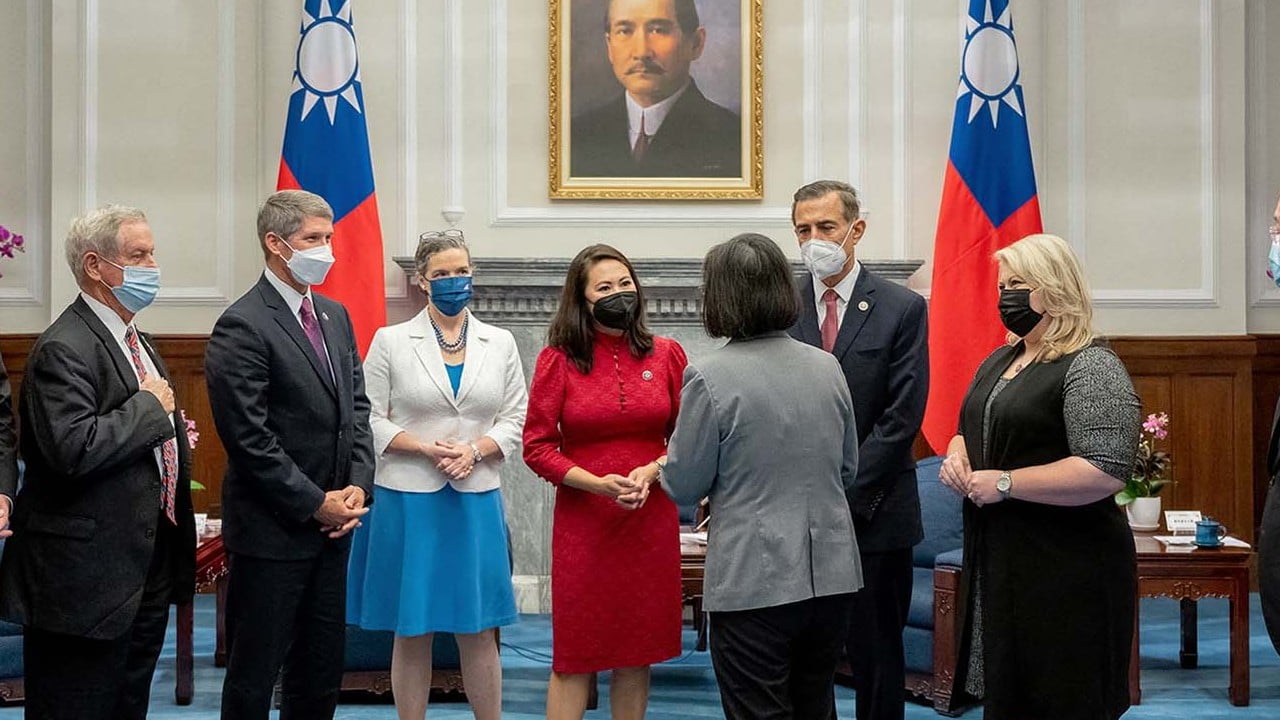
China’s foreign policy has failed Chinese people. Here’s how to put it right
- Chinese abroad have been harassed, students denied visas, companies sanctioned – and for what?
- A foreign policy that brings a feel-good surge of power but doesn’t make the world a friendlier place for Chinese isn’t a patriotic policy
Beijing might be content that several countries still support it with statements, but that is a low bar for a successful foreign policy. Such wins do not help Chinese people, Chinese companies or the Chinese economy. Nor do they make China more secure.
A truly patriotic foreign policy is not one that brings a fleeting, feel-good surge of power, regardless of the consequences for Chinese citizens, but one that increases the well-being and security of the Chinese people. There is a great difference between defending your interests and picking quarrels just to look strong. Scolding foreigners does not make China more prosperous or secure, nor does it prove strength. A mighty lion doesn’t feel the need to roar at any annoying fly.
How a baby elephant sheds light on China’s quest for soft power
Today, China is less secure than it was five years ago and the risk of war has increased. As the external environment deteriorates, Beijing believes China is being encircled and contained, under Washington’s direction.
But instead of trying to weaken this encirclement by winning friends abroad, Beijing’s actions and rhetoric are coalescing more actors against China. This complex situation requires wisdom, restraint and a vision for improving China’s image and building more support in foreign capitals.
Deng Xiaoping once correctly observed that pauperism is not socialism. Similarly, hitting back at foreigners, implementing domestic policies without consideration of how they are perceived abroad, and prioritising China’s ambitions without regard for how this affects its people is not patriotic, let alone wise.
Goals must be pursued through a strategic and patient blueprint that places the long-term well-being and interests of the Chinese people above instant gratification, nationalism or ideology. Adversaries must be approached strategically, not emotionally.
Since 2012, the party leadership has managed to achieve results, sometimes surprising ones, such as on the environmental front. China’s economic, technological and military power has been growing. But it hasn’t translated into commensurate influence on the world stage, soft power, admiration or, at least, respect from foreign countries.
There is a widening gap between China’s growing power and its diminishing global prestige. Simply increasing China’s power will not solve this problem. On the contrary, if Beijing continues to wield this power shortsightedly, it will only give more ammunition to those abroad and lead to external problems. If China is to be loved or respected by foreigners, it must give them reasons to do so.
It is not in China’s interest that Chinese are being discriminated against or denied visas, Chinese students aren’t allowed to study at foreign universities, Chinese researchers can’t collaborate with foreign counterparts on cutting-edge technology, Chinese companies are restricted abroad, and that China is portrayed and seen in a negative light around the world.
Without action, these trends will continue and they pose a long-term threat. Beijing needs a foreign policy focused on addressing China’s increasingly negative image and the actions of foreign governments. At this stage of its rise, China’s foreign policy should work to win friends, improve the country’s image and ensure an external environment conducive to further development and prosperity, not just make people feel good.
China’s hard power will continue to grow, but its world standing will not automatically follow. Without action, it will become easier for foreign governments to take anti-China measures, which will affect the prosperity and security of 1.4 billion Chinese, regardless of how much Beijing lashes out. China can still become a global leader and win admiration and respect throughout the world, but only if it adopts a different foreign policy, one guided by a long-term vision, wisdom and patience.
Andrei Lungu is president of The Romanian Institute for the Study of the Asia-Pacific (RISAP)


